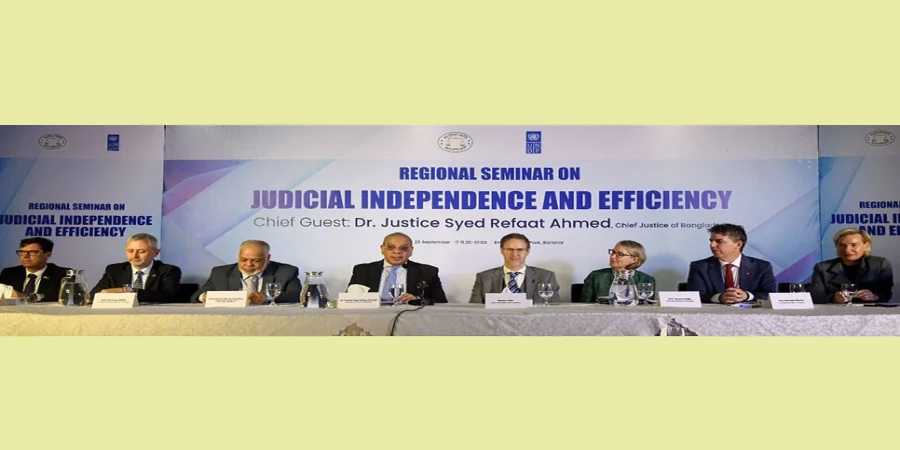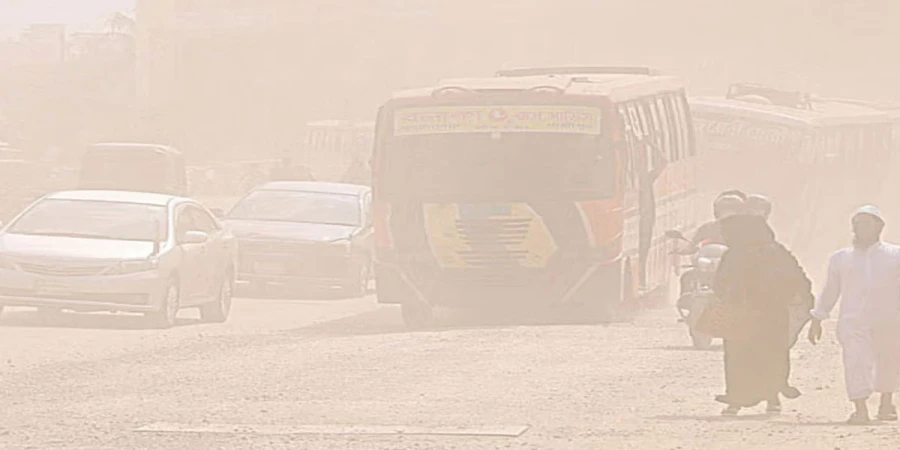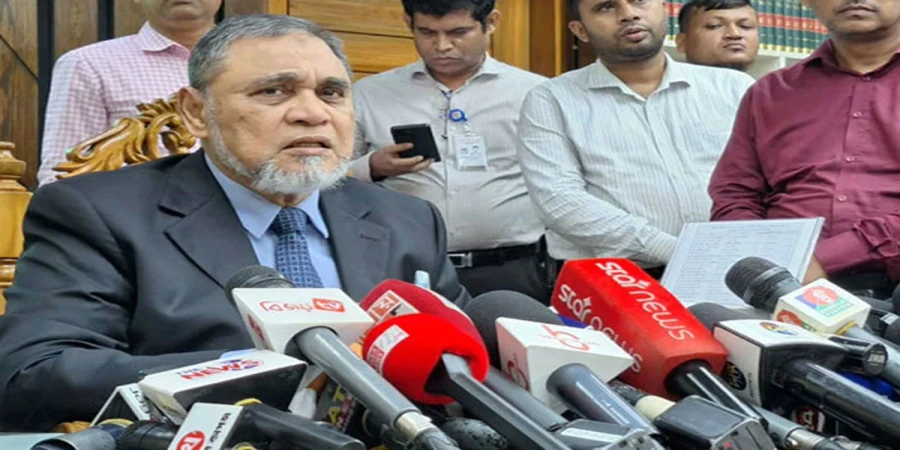
ছবি: -Collected Photo
Chief Justice Syed Refaat Ahmed has said that earning the trust of the people is the fundamental responsibility of the judiciary. Justice, he emphasized, is the right of the people and not a privilege granted by the state.
He made these remarks on Thursday while speaking as the chief guest at a regional seminar titled “Judicial Independence and Efficiency” held at Hotel Grand Park in Barishal city. The seminar was jointly organized by the Supreme Court of Bangladesh and the United Nations Development Programme (UNDP) Bangladesh.
In his address, the Chief Justice underscored the importance of modernizing the justice system to address case backlogs. He pointed out that the use of advanced technology, the introduction of digital case management systems, and enhancing the capacity of judges were crucial for delivering faster justice. He also highlighted that regional cooperation and exchange of experiences could significantly improve the effectiveness of judicial systems across the region.
The Chief Justice noted that the proactive role of the interim government had made it possible to issue an ordinance for the rapid appointment of judges in the higher courts. He stressed that the Supreme Court of Bangladesh and the interim government were working closely together to implement the judicial reform roadmap. Recent initiatives taken with government support, including the creation of new judicial positions across different levels of courts, would play a vital role in reducing the backlog of cases in the near future, he added.
Refaat Ahmed further said that the Ministry of Law had achieved significant progress in forming a separate secretariat for the judiciary. He also mentioned that preliminary work had already been completed for the establishment of specialized commercial courts. Presenting an overview of the reform roadmap, he reiterated the judiciary’s central role in ensuring justice and the rule of law, while outlining the measures being taken to make the judicial system more efficient, accessible, and accountable.
Several dignitaries addressed the seminar as special guests. Among them were Justice Zubayer Rahman Chowdhury of the Appellate Division of the Supreme Court, British High Commissioner to Bangladesh Sarah Cooke, Norwegian Ambassador Haakon Arald Gulbrandsen, Swedish Ambassador Niclas Kvarnström, and European Union Ambassador Charles Whiteley. UNDP’s Resident Representative Stephen Lillie delivered the welcome address.
Earlier in the day, the Chief Justice visited the Barishal Judge Court campus along with UNDP representatives. During the hour-long visit, he took the delegation around the court’s Nayakunja, legal aid services, and other facilities.
Speaking about the visit, Barishal District and Sessions Judge Sheikh Faruq Hossain said that the Chief Justice had come to attend the regional seminar organized under UNDP’s initiative in the divisional cities. He added that the Chief Justice expressed satisfaction after inspecting the activities of the Barishal court. The UNDP delegation also expressed hope that justice would become more accessible for the poor and underprivileged people of the country through the ongoing reforms and development initiatives.
The seminar marked an important step in the judiciary’s efforts to foster greater transparency, independence, and efficiency in the justice delivery system. The Chief Justice’s remarks emphasized the judiciary’s mission to build public confidence and ensure that justice is delivered as a constitutional right, supported by reforms and modern practices designed to address long-standing challenges.
repoter





